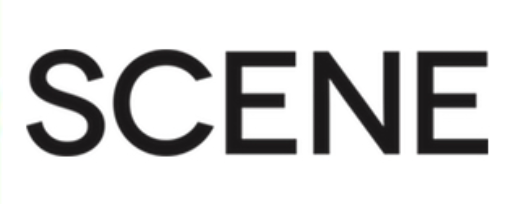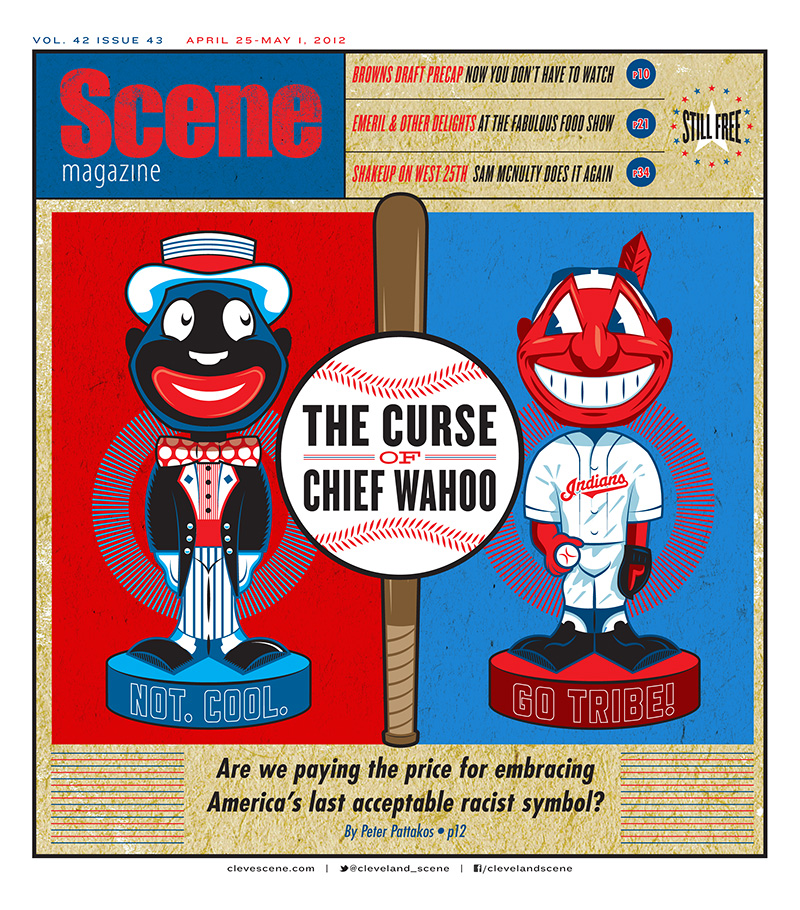Last evening, The League of Women Voters of Greater Cleveland hosted a panel on “Sports Stadium Financing in Cleveland” where I was one of the panelists with Cavs and Quicken Loans Arena CEO Len Komoroski and Tom Chema, former CEO of the Gateway Economic Development Corp. The panel’s moderator, Peter Krouse of Cleveland.com, made clear in his opening remarks that the event was arranged in part because the Cavs have asked the County for an additional $70 million (on top of their share of the estimated $300 million in Sin Tax funds that were approved by voters in 2014) to finance renovations to the Q, and the proposal is currently under consideration by County officials. The conversation that followed made clear how important it is that we continue to up the scrutiny on these subsidies.
After a lengthy soliloquy by Mr. Chema on the history of Cleveland’s three pro-sports facilities, I proposed (at the 23-minute mark) the basic premise that if the owners of Cleveland’s professional sports franchises will continue to take 100% of the profits from running these businesses, they should pay 100% of their costs. From there I explained that I would be open to an argument to the contrary if the owners could make the case that they really need public money to make these businesses sustainable, but they can’t begin to make this case until they publish their financial statements, which they continually refuse to do. I made clear that I don’t question the value of the teams to the region, that I understand that the City and County own these facilities, and that there are technically legal obligations to maintain them. But the more important point, I argued, is that these obligations were agreed to three decades ago under dramatically different economic conditions, on terms that are now understood to be extremely favorable to the owners. At this point, given changed economic conditions and so many pressing uses for public funds, there’s no reason why the public shouldn’t demand that the terms of this public/private partnership be revisited, especially considering that we’ve poured up to $2 billion or more into these facilities already. Basic transparency, accountability, and fairness shouldn’t be too much for the public to ask in its “partnership” with these owners, and that has to start with the teams providing the public with the most basic information necessary to determine whether public subsidies for these businesses are really necessary.
In response to this, Komoroski (mostly) and Chema went into filibuster mode, droning on in circles to completely avoid the substance of my argument without saying anything more than “these teams are great for Cleveland” and “trust us, these public subsidies are necessary.” One of the most telling things about this conversation is the way that Komoroski and Chema call the stadiums “public resources” or “public infrastructure” when they talk about why the public should continue to pour hundreds of millions into them, and then seamlessly shift to arguing that they don’t have to disclose their profits because “these are private businesses.”
There’s an especially telling exchange between the 1:02 and 1:05 marks, where Chema argues that the owners benefit from the “public infrastructure” of their stadiums just like a grocery store owner benefits from the construction of a road to his store. When I point out in response that the grocery store owner has to pay for his own building and pay taxes on it, unlike the sports owners, Chema acknowledges that “I suppose one could argue about how much profit they ought to make.” When I then try to interject that this is exactly the point when it comes to evaluating whether public subsidies are justified, Chema incredibly says that it would be impossible to account for profits in structuring agreements on these facilities, and says, “If you’re jealous of the owners making a profit, then you have a problem.”
Another very representative exchange happens at the 1:07:20 mark, where Chema says that these facilities wouldn’t be sustainable without public subsidies. I respond by saying (again) that I would consider that if the owners would provide us with the basic proof necessary to show this is the case. Krouse then asks Komoroski why the owners can’t provide this basic transparency, and Komoroski goes right to the “these are private businesses” double-talk, rambling on to assure us that the public has a good deal with the Cavs, despite the steadfast refusal to disclose the basic information necessary to evaluate the claim.
Anyone who’s paying attention to this conversation should be able to see just how brazenly we’re being denied basic transparency, accountability, and fairness when it comes to these subsidies, and how important it is that we continue demand change in this regard. If we can’t manage a better deal when it comes to these subsidies, the basic injustice of which is so transparent, the prospects for representative and accountable democracy are bleak. I hope people will help spread the word on this and generally keep hammering on this conversation because it’s an important one and meaningful change on this front would mean a lot. Thanks.



